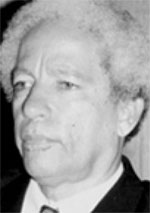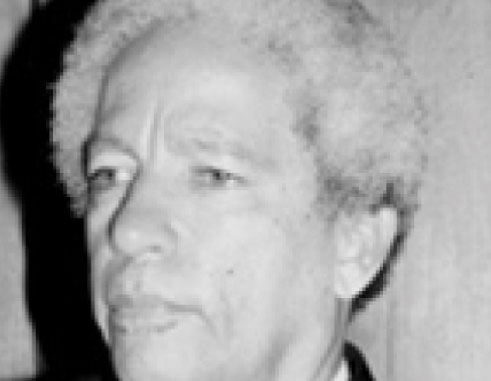
THE powers and functions of the Speaker are well-settled in the Standing Rules and Orders of the House. The Speaker, whether elected or not, is a member of the House. As such, his chief qualification is to “be able to read and write the English Language with a certain degree of proficiency”. So there is nothing esoteric about the office. The same is required of a deputy.
When in the chair, he or his deputy could never afford to be impartial: for the rules would expose any uneven-handedness. And once members are as familiar with the rules as he, as they ought to be, he is a man in a straight jacket. And especially as debates are reported LIVE, no Speaker worth his salt, would risk exposing himself to odium and ridicule. One cannot help but recall the occasion when the dauntless Guy Joseph had Speaker Foster, QC, quite abashed when he spurted out in confident defiance of the Speaker’s ruling, “That’s not your role”.
Since, therefore, the rules keep the one in the chair in bondage or “servile fearfulness”, there should never be any dispute as to who should or should not be deputy Speaker. Such a high honour when given by the House, should never, in such a sacred place, be treated with contempt. In fact I am now going to contend, based on the interpretation of Section 36 (1) that an appointment made by the House cannot be refused. And ever forever and ever, shall I so contend.
The only honest excuse for declining the nomination would be, for the member to declare that he had made a fraudulent declaration on Nomination Day, in that he was, and still is, illiterate. And that, of course would automatically trigger off a bye-election.
I shall now delve, once again into the bowels of the dispute which resides in Section 36 (1) of our Constitution. The section is written in clear, unambiguous English which none can mistake, given that “degree of proficiency” required of a member. Section 36 (1) states:
“When the House first meets after any general election of members and before it proceeds to the dispatch of any other business except the election of the Speaker, the House shall elect a member of the House, who is not a member of the Cabinet or a Parliamentary Secretary, to be Deputy Speaker of the House and if that office of Deputy Speaker falls vacant at any time before the next dissolution of Parliament the House shall as soon as convenient, elect another member of the House to that office.”
The important words in the section are “the House”. That phrase “the House” is so referred to six times, and once as “it”, a total of seven times, in a paragraph of seven and one-half lines.
It is the House, therefore, meaning, a simple majority of the quorum present that makes the appointment. The section does not require that the appointment be made by and with the consent of the Opposition. In this regard, a simple majority of the House is infallible with or without the consent of the Opposition. The constitutional role after the nomination has been made and seconded by the Government, “under the unusual circumstances then existing”, is for the Opposition to vote against it.
Any such objection should be treated, therefore, by the Speaker as a nuisance and an obstruction, as void of any value, and as an act of violence against the spirit of the Constitution which enjoins us to do nothing to frustrate the end result, which is, good government.
I therefore do not anticipate any problem arising as a result of calling Mrs. Flood-Beaubrun to a higher station, well-deserved, all things considered.
The House of Assembly is no playground for children. It is not a place for mice but men. It is no chess game. The duty of an Opposition is to make the Government account for its stewardship. This is best achieved by constantly bringing the ideas propagated in their manifesto to their constant attention, in and out of the House, while, at the same time, keeping at the forefront, the alternative policies articulated in its own manifesto. The strategy is not: “to propose nothing, oppose everything, and throw the Government out”.
Participating in obstructing the workings of the Constitution is conduct too abhorrent for English words. That’s why I revere my mother-tongue.
In that bald, no-nonsense dramatic langmanmahn, I therefore say:
Maysiez! Wanjaykorzot en chelotzot! Pa fair korzothont!
I am only left to say that at his first outing, Prime Minister Chastanet handled that delicate situation with consummate aplomb.














I therefore conclude from your analysis, that you are suggesting that the opposition do not turn up for the opening of the next session of the house. How would the PM handle the situation. Over to you Mr cenac.
I am thinking that you read and understand the statement from Mr. Cenac. Why should you conclude that he is suggesting that the opposition do not turn up for the next session of the house? The PM has nothing to do if the opposition is not present. The business will continue as normal. The question I will ask you is how long will they stay away if they choose to. They cannot stay away for more than two consecutive meeting with no good reason.
Me queston. Weapon lee.
Yet, you, Mr Cenac did not handle the lanng manman, in which you have so easily sought solace, with anything remotely close to or comparable with consummate aplomb. Misyé, souplé pa fè ko’w hont kalté dégwé sa la ankò. Souplé!